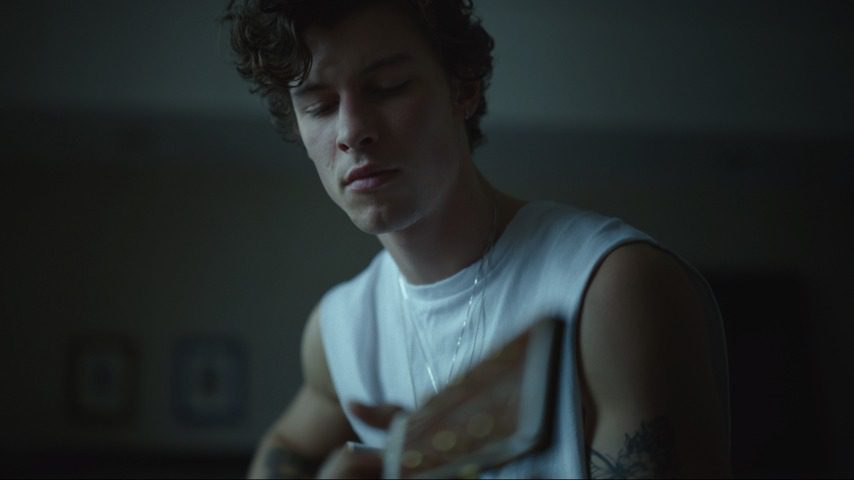In “Smiling Through the Pain,” Peg Luke turns inward, not to escape the world, but to face it on its rawest terms. The song doesn’t offer much in the way of musical movement—there’s no crescendo, no revelation—but it doesn’t need to.
Luke, long respected for her achievements as a classical flutist and sacred composer, could easily have leaned into ornamentation. Instead, she strips everything back to essentials: a lone piano, a voice almost too gentle for its burden, and a series of lyrical phrases that read less like poetry and more like marginalia scribbled during long nights of pain.
But this isn’t minimalist for the sake of aesthetic. It’s a necessity. Diagnosed with an autoimmune illness during the early stages of the pandemic, Luke has spent the past several years in near-complete isolation. That isolation doesn’t just inform the song’s subject matter—it’s embedded in its structure. The long pauses between phrases. The lack of instrumental layering. The refusal to build toward emotional climax. All of it mimics the quiet stretch of days where time collapses and the body becomes its own echo chamber.
There’s something almost monastic about Luke’s delivery. She offers lines like “Tears well up in my soul / I don’t have anything left” with the affect of someone who has said them before—not just aloud, but to herself, again and again, until they stopped being dramatic and started becoming true.
And yet, what makes “Smiling Through the Pain” worth sitting with is not its lyrical content alone, but the question it raises: What does it mean to express something that has no shape? Pain, particularly chronic pain, is notoriously inarticulate. It resists metaphor. It shrinks language. Luke doesn’t try to dress it up. She names it and sings through it, not because the singing will fix anything, but because not singing would be worse.
The mention of God is there, but it’s not dogmatic. It functions more as a final thread in the unraveling—“God will be with us”—a statement too small to carry resolution, yet too important to leave unsaid.
Peg Luke is not trying to impress with this song. She’s not even trying to move us, in the traditional sense. What she’s doing is far more difficult: staying honest in a moment that resists interpretation. “Smiling Through the Pain” doesn’t lead anywhere. It marks the spot where you’re standing.
And maybe that’s where real music lives—not in the performance, but in the admission that there are places language and melody can only point to, never fully explain. Peg Luke finds that space. She sits in it. And without demanding anything from us, she lets us sit beside her.





